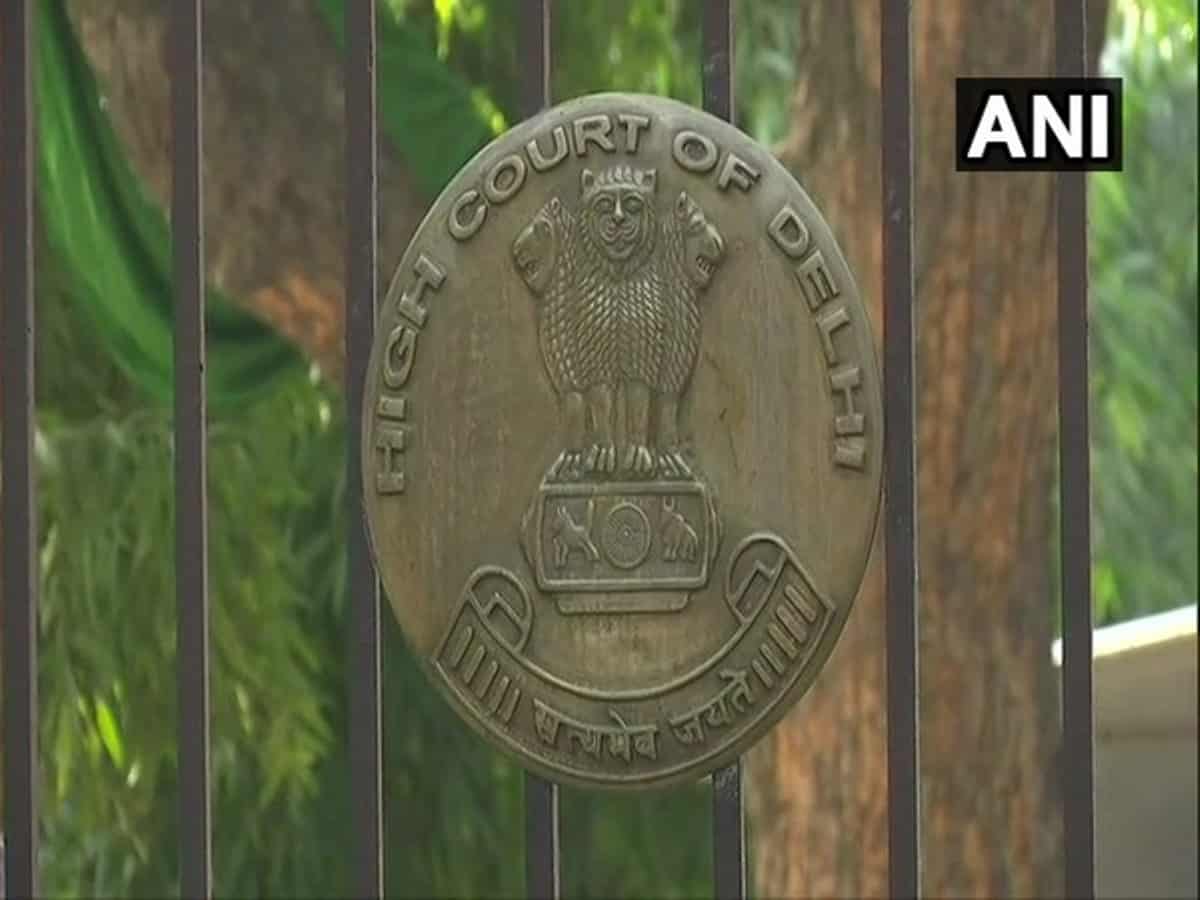
New Delhi: The Delhi High Court has said that the application for the premature release of convicts who have served long periods of incarceration should not be handled in a mechanical and clerical manner.
Justice Saurabh Banerjee was hearing a plea from Hari Singh, a convict who had been imprisoned for more than 19 years after being convicted of hijacking a flight.
He challenged the rejection of his application for premature release in 2021 by the Deputy Secretary (Home).
Singh, convicted and sentenced to life imprisonment under the Anti-Hijacking Act, 1982, and Sections of the Indian Penal Code in 2021, argued that he had been in judicial custody since April 1993.
The court noted that the purpose of imprisonment, even for the most serious offenses, is reformative, not retributive, particularly when a convict has undergone a substantial and lengthy period of incarceration.
It said that denying the benefit of remission to a convict solely based on the nature of the crime committed, without considering other factors such as the convict’s age, health, socio-economic condition, family relations, post-conviction and jail conduct, would not serve the interests of justice.
He became eligible for premature release in 2019, but his name was sent to the Sentence Review Board (SRB) after a two-year delay.
Singh alleged that the SRB rejected his application in a mechanical manner, contrary to Delhi Prison Rules and his constitutional rights.
The prosecution argued that the gravity and heinousness of Singh’s offense, involving the hijacking of an Indian Airlines flight, should be considered when deciding on remission.
The court, while granting relief to Singh, remanded the matter back to the Directorate General (Prisons) and the SRB to reconsider the application for premature release with clear reasoning.
It was noted that the SRB had only considered the factor of whether the offense affected society at large but failed to address other factors.
The court said that while it recognised the gravity of Singh’s offense, it should not be the sole reason for denying his premature release.
Singh had served almost 16 years and five months of incarceration, earning a total remission of approximately three years and nine months.
His overall jail conduct was deemed satisfactory, and he had been granted bail, parole, and furlough numerous times without incident.

